Susan Walsh, AKA the The Classification Guru shares her advice on how to improve, classify and normalise ‘dirty data’ and why it’s so important for procurement.
“Data is the foundation of everything that you do in procurement, whether that is reviewing contracts, negotiating with suppliers or looking for fraud.”
Susan Walsh
In this excerpt from the PharmaSource Podcast she discusses her C.O.A.T. framework for better quality procurement data. Listen to the full episode on your favourite podcast platform.
Normalisation vs Classification
Normalisation and classification are both important to extract usable insights from your data.
“If you don’t normalise your suppliers, you’re going to end up with ten versions of PwC, IBM or Dell. As a procurement professional, you just need to know ‘how much did I spend with Dell’ you don’t need to know the financial and financial or legal entity. “
“Normalising data means is when you go to those companies, whether that be on a global or a regional level, you have more accurate data and potentially more bargaining and leverage to get better prices, better contracts with these suppliers.”
“If you don’t do that you could be missing out on on really good opportunities. You might think you’ve got a great deal, but your supplier on the other side is laughing because they’ve got the correct data.”
“It’s also important to be able to search for company information such as ESG or Diversity, to make sure that the companies in your supply chain are ethically responsible. If you haven’t normalised you might miss out on a company that’s actually a subsidiary of something else.”
Classification
The next area is to arrive at correctly classified data, says Susan.
“Classification can tell you things like the number of suppliers you have per category per country per business unit. It can tell you how much you’re spending with them.”
This helps make strategic decisions about suppliers. “For example, if you’ve got suppliers you’ve spent $50 with, do you need them on your systems at all? Or are they diverse suppliers and you need them there for a reason?
“The only way you’ll know that is if you have the suppliers classification as detailed as possible with a good taxonomy”
Listen to the full episode below
Empowering Access to Affordable Healthcare
Unveiling the Global Impact of Generic Drugs Through Olon – A Proven Pioneer in Generic API Supply and Market Leadership

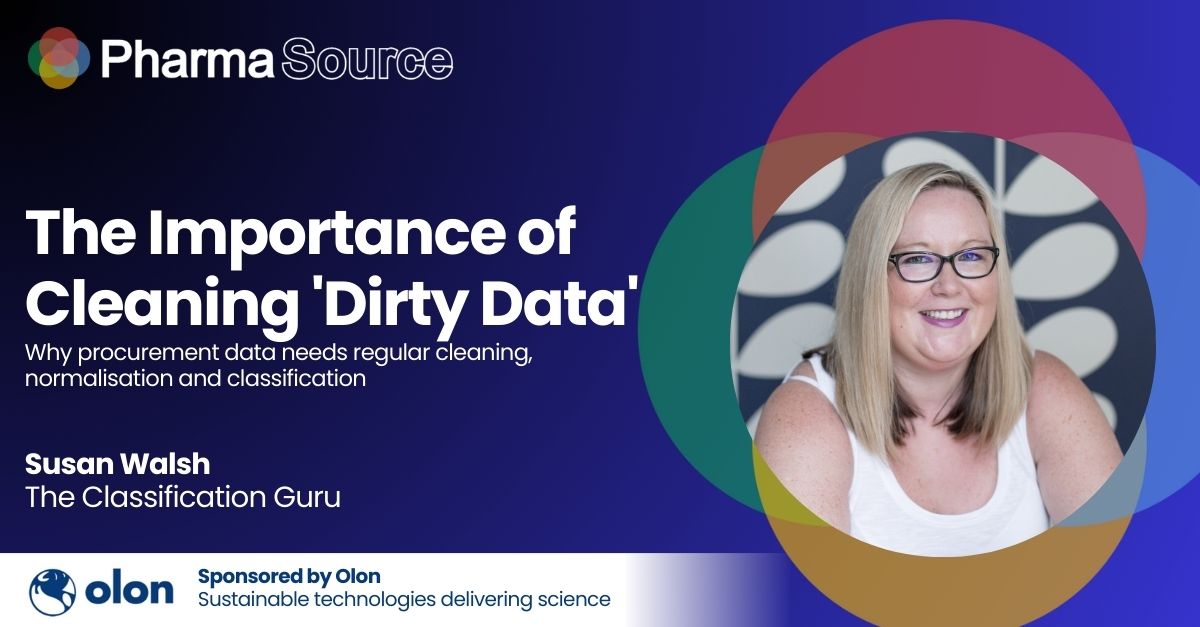
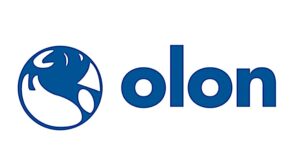


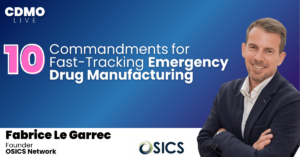

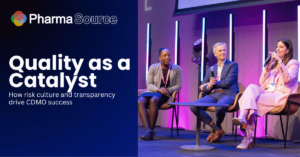

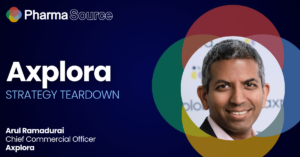


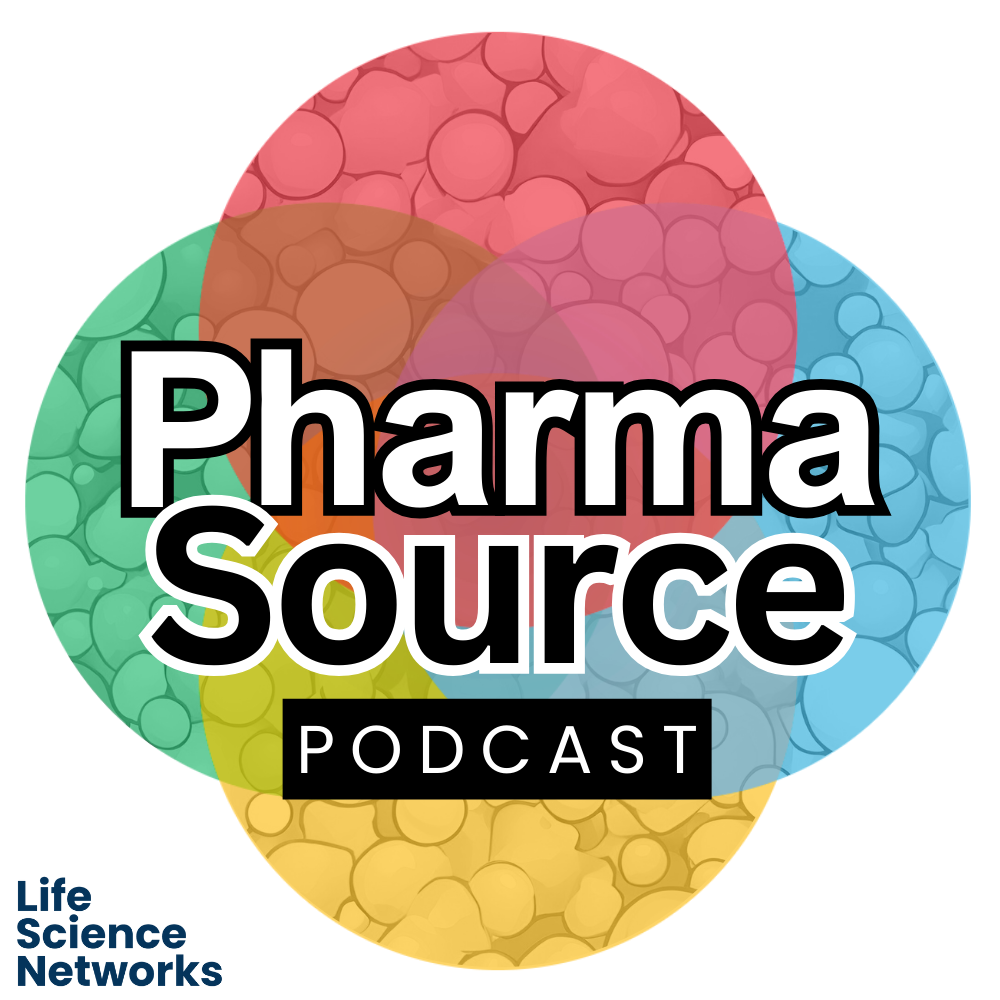
 Stay ahead of trends and best practices
Stay ahead of trends and best practices
